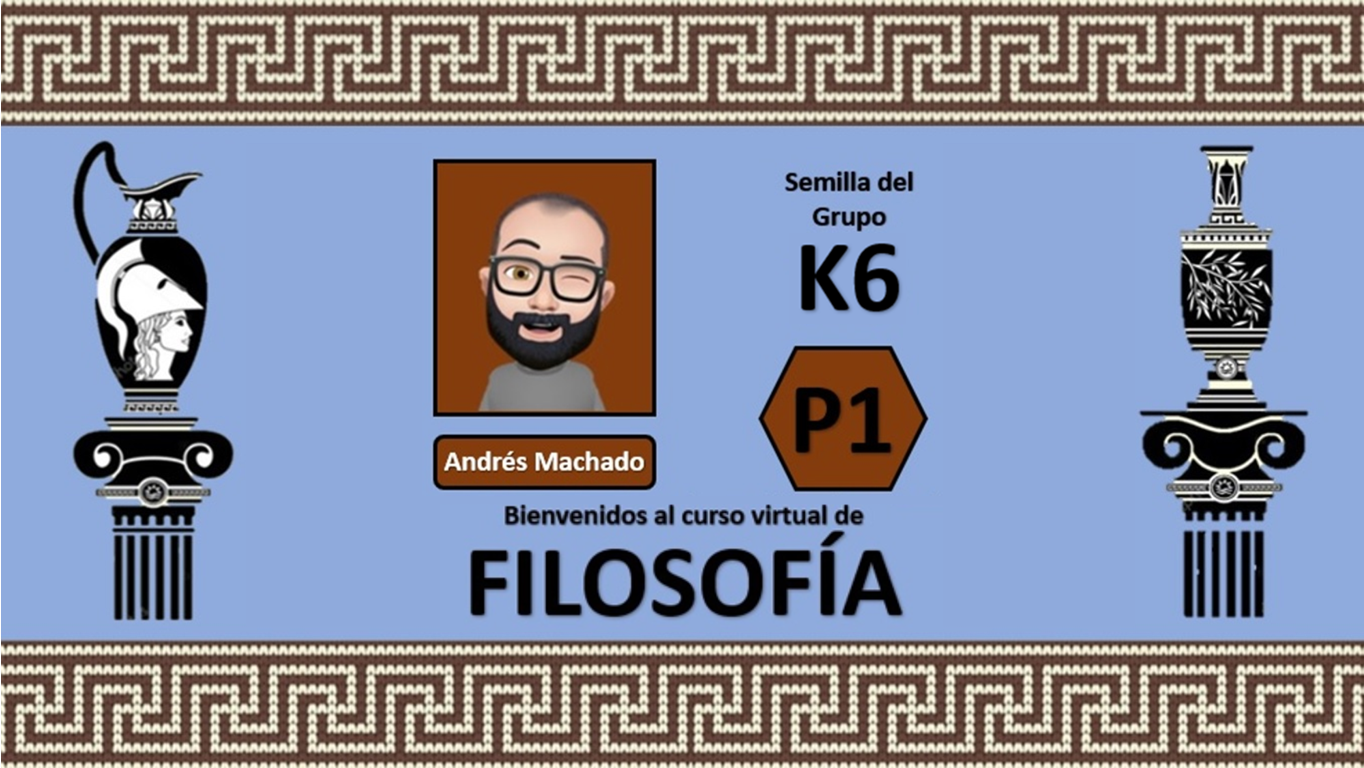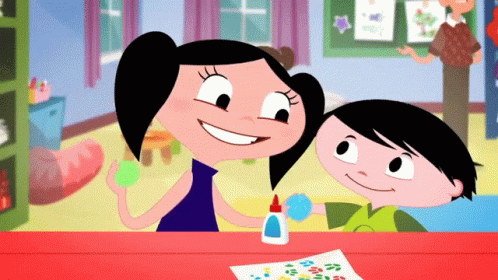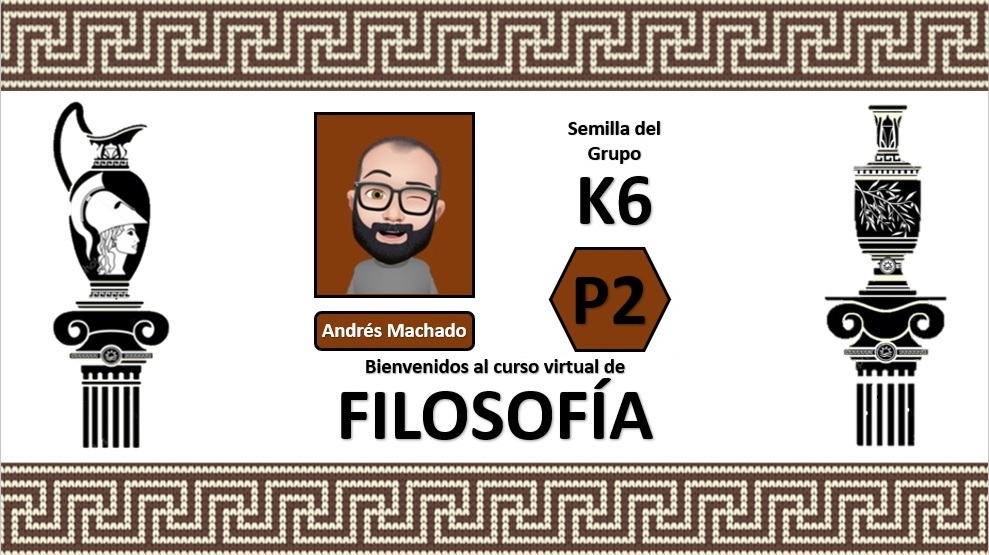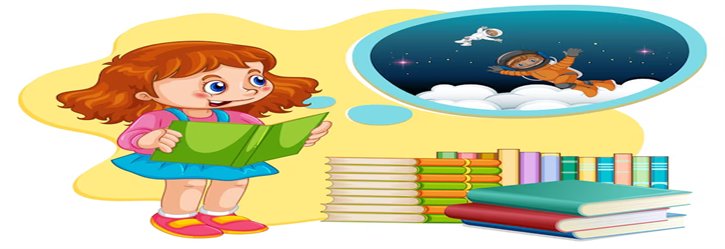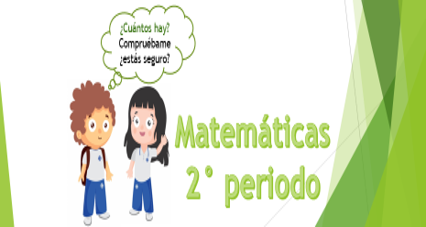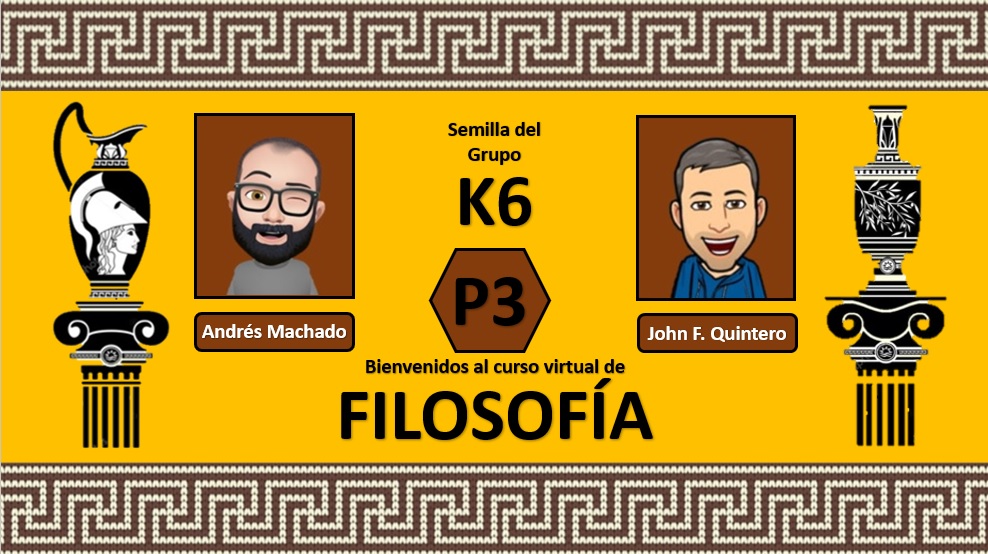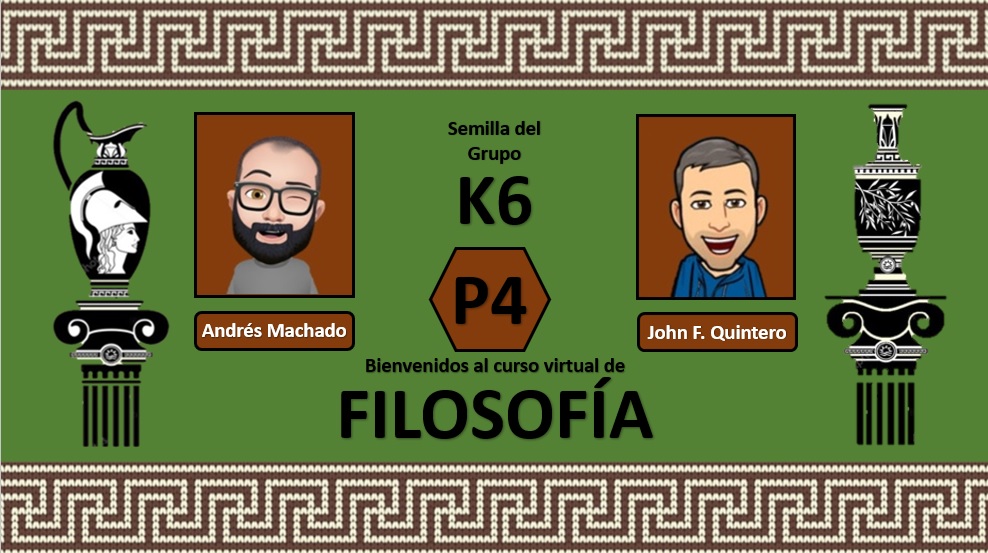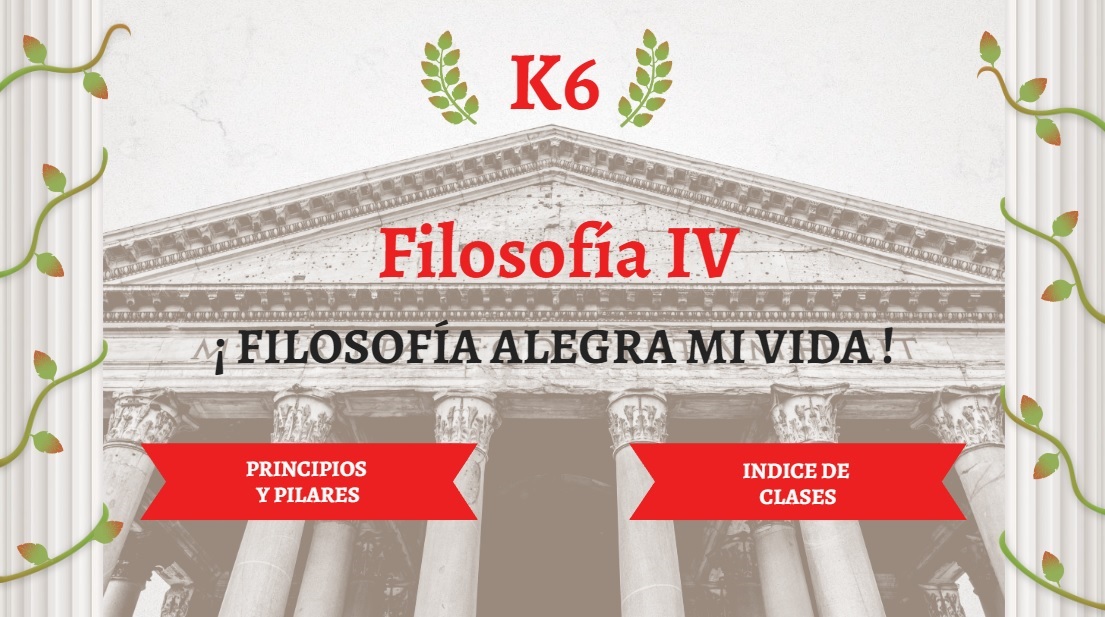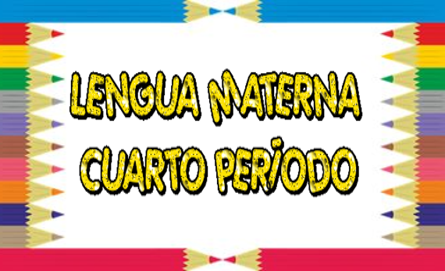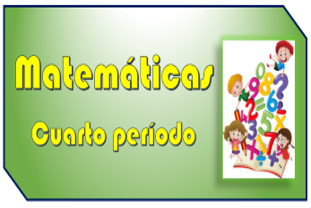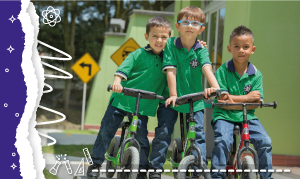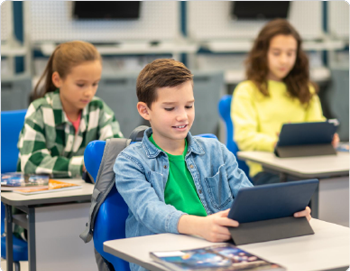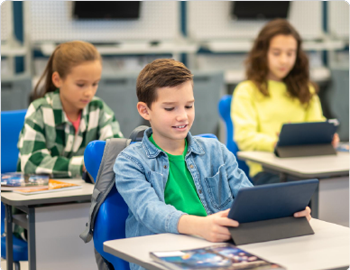
2P_EFL/ENGLISH PROJECT_k6_2022
1st
ENGLISH PROJECT
Learning Experience 1: Actions in the city.
Objective: Identify the actions that can be done in different city places.
Opening:
The teacher will divide the class into groups of 3 children. Each group will receive a jigsaw puzzle to solve. Kids will have around 3-5 minutes to complete their task. Then, they will switch puzzles. They will do it twice. At the end, each team should have completed three puzzles.
Once it is done, the teacher will ask some guiding questions to check some background knowledge on verbs:
Who do you see in the pictures?
What are they doing?
In what place can you do that action?
Development:
The teacher will present some flashcards depicting the target vocabulary. Kids will look at the pictures, will listen to the teacher, and will repeat the words: walk, see, visit, eat, read, play, take classes, buy, take a car, take the train, take the bus.
Once the drilling is done, kids will match the action flashcards to the place flashcards.
Closure: Kids will watch the video below to foster the relationship between the place and the action they can do there.
https://www.youtube.com/watch?v=k8myH9M_ngQ
PUZZLES:
Kids reading.
Kids playing.
Kids eating.
Kids taking classes.
Kids seeing animals.
Kids visiting the doctor.
Kids buying toys.
Kids buying food.
Kids seeing dinosaurs.
MATH
3d shapes with real objects, booklet activity.
Learning Experience: 1
Objective: to relate the 3D shapes with real objects.
Opening:
Using the flashcards (3d) the teacher will review the 3D shapes, also the teacher will name each shape and the objects in the flashcard.
Development:
The teacher will give the math booklet to each student. Then the teacher will explain the activity. The students will match each 3D shape with the corresponding real object. Then the students will color each drawing.
dwfwr
Closure:
To finish the class, each kid will save the booklet, then the teacher will invite students to play the next game: https://www.youtube.com/watch?v=x_e91QTrOPA
Booklet page 11
3D shapes flashcards
Pencil colors
2nd
ENGLISH PROJECT
Learning Experience 2: Sight Word CAN
Objective: Identify the sight word CAN
Opening: NOTE: Before the class, the teacher should hide letters A, C and N around the classroom.
The teacher will begin posing a problematic situation to the class: “Guys, I was organizing my alphabet and I think I lost some letters; can you help me to find out which ones are missing?”
Then, the teacher will place (or write) the letters on the board following the ABC chant. The teacher should go mute when they arrive to letters A,C and N. The kids should come up with the missing letter. Then the teacher will invite the kids to find those letters in the classroom, where they will be hiding.
Development: Now, the teacher will ask the kids to scramble the found letters (A,C,N) to form a word in English. The aimed word is CAN.
Once it is done, children will watch the video Sight Words-Level A-Can-Jack Hartmann.
https://www.youtube.com/watch?v=904rpgTnZnw
Closure: Kids will develop the worksheet Sight words CAN. The teacher will provide feedback on kids’ work.
ABC cards, 1 per class
WORKSHEET Sight words CAN
MATH
Learning Experience: 2
Objective: to cut and paste real 3D objects from magazines.
Opening:
To start the class the teacher will play Simons says with the students. Before the class Teachers will paste the 3D shape flashcards in different spaces. Then the teacher will say “Simons says, go to the cube” the students will go to this shape.
Development:
The teacher will explain the activity: The students will write their name on the Pinar paper. Then they will use the magazines to search for two real objects that represent each 3D shape (sphere, pyramid, cube, cuboid, cone). Once kids find the objects they will stick them on paper.
Closure:
The students will organize the classroom, then each student will show to classmates the objects they have found.
Magazines
Pinar paper (½)
Glue
Scissors
3rd
ENGLISH PROJECT
Learning Experience 3 &4: What can I do in the city?
Objective: Relate different places to the actions that are done there.
States the sight word CAN.
Opening:
The teacher will present some flashcards depicting the target vocabulary. Kids will look at the pictures, will listen to the teacher, and will repeat the words: walk, see, visit, eat, read, play, take classes, buy, take a car, take the train, take the bus.
Once the drilling is done, kids will match the action flashcards to the place flashcards using the word CAN. The teacher will write the sentences on the board. Below is an example.
dfg
Development:
Racing to the word. The teacher will display the Places flashcards on the board. The class will be divided into two groups. Taking turns, one kid from each group will compete. The players will stand up in the starting line, many steps away from the cards. The teacher will state a sentence like: “In this place, I CAN see wild animals”. To the signal, the players will run trying to touch the Zoo card. The first player to touch the right place scores one point for their team. The game continues until all the places have been described.
Closure:
Memory Game. Kids will play an online game to find the matching pair: Action – Place.
Each time a kid unveils a pair, the teacher should ask:
Can you play at the library?
Can you play at the park?
The kid should answer the question.
No, I cannot.
Yes, I can.
Places flash cards
Actions flash cards
Memory Game to do
Math
Learning Experience: 3 & 4
Objective: to draw real objects using 3D shapes.
Opening: the teacher will put the 3d shape´s flashcard in a bag. Randomly the teacher will choose a student to take a flashcard from the bag. Then the student will pass to the board and try to draw the chosen 3d shape.
Development: once each student has the notebook the teacher will present the next image: Insertando imagen..kjg.
then the teacher will draw each 3d shape and their names in a frame slowly to show the students how to do it.
After the students draw the 3d shapes they will choose a real object to draw for each shape. (Ex. In the cube frame she/he will draw the cheese)
Closure: the students will color their creations.
Divide a page in the notebook in 4 parts
Colors
4th
ENGLISH PROJECT
Learning Experience 3 &4: What can I do in the city?
for further details, please, read the third class.
Places flash cards
Actions flash cards
Memory Game to do
MATH
Learning experience 4
This learning experience was explained in the L.E 3
5th
ENGLISH PROJECT
Learning Experience 5 & 6: Mother’s Day Craft
Objective: Create a Mother’s Day present.
Opening: The teacher will present the gift expectation to the class and will explain the technique to complete it.
Pointillism:
Pointillism is a painting technique developed by the artist George Seurat. It involves using small, painted dots to create areas of color that together form a pattern or picture. https://www.scholastic.com/parents/school-success/learning-toolkit-blog/pointillism-kids-painting-dots.html#:~:text=Pointillism%20is%20a%20painting%20technique,just%20a%20few%20simple%20materials.
ñtmbg,
Development: Each kid will paint the box using white paint as a primer. Then using either round pencil erasers or any other similar item, they will stamp dots on the box using color paint until reaching the desired design.
Closure: Kids will have a share in organizing the materials, cleaning the work space and letting the boxes dry.
1 cajita de madera cortada en láser por niño
4 litros pintura blanca Medellín
2 litros pintura blanca Escobero
1 litro pintura amarilla Medellín
1 litro pintura morada
1litro pintura rosado
1 litro pintura azul claro
wifh
6th
Learning Experience 5 & 6: Mother’s Day Craft.
For further details, please read the fifth activity of the week.
MATH
Learning Experience: 6 show and tell
Important: previous to this class the teacher will ask to students to bring one object from home that represent a 3D shape. (a bottle to represent a cylinder, a ruby cube to represent the cube etc.)
Objective: to describe different objects with the 3d shaped.
Opening: the teacher will ask to students wihich objects they have bring for home and then she/he will put the objects in front of the students.
Development: the students will pass one by one to the object they had brought from home relate with a 3D shape nad with teachers help each student will describe the object and their friends will say the relate shape.
Closure: each student will draw in a piece of paper the object and the 3D shape related with it.
Objects from home
Notebook
Colors
ENGLISH PROJECT
Learning Experience 1: Actions in the city.
Objective: Identify the actions that can be done in different city places.
Opening:
The teacher will divide the class into groups of 3 children. Each group will receive a jigsaw puzzle to solve. Kids will have around 3-5 minutes to complete their task. Then, they will switch puzzles. They will do it twice. At the end, each team should have completed three puzzles.
Once it is done, the teacher will ask some guiding questions to check some background knowledge on verbs:
Who do you see in the pictures?
What are they doing?
In what place can you do that action?
Development:
The teacher will present some flashcards depicting the target vocabulary. Kids will look at the pictures, will listen to the teacher, and will repeat the words: walk, see, visit, eat, read, play, take classes, buy, take a car, take the train, take the bus.
Once the drilling is done, kids will match the action flashcards to the place flashcards.
Closure: Kids will watch the video below to foster the relationship between the place and the action they can do there.
https://www.youtube.com/watch?v=k8myH9M_ngQ
PUZZLES:
Kids reading.
Kids playing.
Kids eating.
Kids taking classes.
Kids seeing animals.
Kids visiting the doctor.
Kids buying toys.
Kids buying food.
Kids seeing dinosaurs.
MATH
3d shapes with real objects, booklet activity.
Learning Experience: 1
Objective: to relate the 3D shapes with real objects.
Opening:
Using the flashcards (3d) the teacher will review the 3D shapes, also the teacher will name each shape and the objects in the flashcard.
Development:
The teacher will give the math booklet to each student. Then the teacher will explain the activity. The students will match each 3D shape with the corresponding real object. Then the students will color each drawing.
dwfwr
Closure:
To finish the class, each kid will save the booklet, then the teacher will invite students to play the next game: https://www.youtube.com/watch?v=x_e91QTrOPA
Booklet page 11
3D shapes flashcards
Pencil colors
2nd
ENGLISH PROJECT
Learning Experience 2: Sight Word CAN
Objective: Identify the sight word CAN
Opening: NOTE: Before the class, the teacher should hide letters A, C and N around the classroom.
The teacher will begin posing a problematic situation to the class: “Guys, I was organizing my alphabet and I think I lost some letters; can you help me to find out which ones are missing?”
Then, the teacher will place (or write) the letters on the board following the ABC chant. The teacher should go mute when they arrive to letters A,C and N. The kids should come up with the missing letter. Then the teacher will invite the kids to find those letters in the classroom, where they will be hiding.
Development: Now, the teacher will ask the kids to scramble the found letters (A,C,N) to form a word in English. The aimed word is CAN.
Once it is done, children will watch the video Sight Words-Level A-Can-Jack Hartmann.
https://www.youtube.com/watch?v=904rpgTnZnw
Closure: Kids will develop the worksheet Sight words CAN. The teacher will provide feedback on kids’ work.
ABC cards, 1 per class
WORKSHEET Sight words CAN
MATH
Learning Experience: 2
Objective: to cut and paste real 3D objects from magazines.
Opening:
To start the class the teacher will play Simons says with the students. Before the class Teachers will paste the 3D shape flashcards in different spaces. Then the teacher will say “Simons says, go to the cube” the students will go to this shape.
Development:
The teacher will explain the activity: The students will write their name on the Pinar paper. Then they will use the magazines to search for two real objects that represent each 3D shape (sphere, pyramid, cube, cuboid, cone). Once kids find the objects they will stick them on paper.
Closure:
The students will organize the classroom, then each student will show to classmates the objects they have found.
Magazines
Pinar paper (½)
Glue
Scissors
3rd
ENGLISH PROJECT
Learning Experience 3 &4: What can I do in the city?
Objective: Relate different places to the actions that are done there.
States the sight word CAN.
Opening:
The teacher will present some flashcards depicting the target vocabulary. Kids will look at the pictures, will listen to the teacher, and will repeat the words: walk, see, visit, eat, read, play, take classes, buy, take a car, take the train, take the bus.
Once the drilling is done, kids will match the action flashcards to the place flashcards using the word CAN. The teacher will write the sentences on the board. Below is an example.
dfg
Development:
Racing to the word. The teacher will display the Places flashcards on the board. The class will be divided into two groups. Taking turns, one kid from each group will compete. The players will stand up in the starting line, many steps away from the cards. The teacher will state a sentence like: “In this place, I CAN see wild animals”. To the signal, the players will run trying to touch the Zoo card. The first player to touch the right place scores one point for their team. The game continues until all the places have been described.
Closure:
Memory Game. Kids will play an online game to find the matching pair: Action – Place.
Each time a kid unveils a pair, the teacher should ask:
Can you play at the library?
Can you play at the park?
The kid should answer the question.
No, I cannot.
Yes, I can.
Places flash cards
Actions flash cards
Memory Game to do
Math
Learning Experience: 3 & 4
Objective: to draw real objects using 3D shapes.
Opening: the teacher will put the 3d shape´s flashcard in a bag. Randomly the teacher will choose a student to take a flashcard from the bag. Then the student will pass to the board and try to draw the chosen 3d shape.
Development: once each student has the notebook the teacher will present the next image: Insertando imagen..kjg.
then the teacher will draw each 3d shape and their names in a frame slowly to show the students how to do it.
After the students draw the 3d shapes they will choose a real object to draw for each shape. (Ex. In the cube frame she/he will draw the cheese)
Closure: the students will color their creations.
Divide a page in the notebook in 4 parts
Colors
4th
ENGLISH PROJECT
Learning Experience 3 &4: What can I do in the city?
for further details, please, read the third class.
Places flash cards
Actions flash cards
Memory Game to do
MATH
Learning experience 4
This learning experience was explained in the L.E 3
5th
ENGLISH PROJECT
Learning Experience 5 & 6: Mother’s Day Craft
Objective: Create a Mother’s Day present.
Opening: The teacher will present the gift expectation to the class and will explain the technique to complete it.
Pointillism:
Pointillism is a painting technique developed by the artist George Seurat. It involves using small, painted dots to create areas of color that together form a pattern or picture. https://www.scholastic.com/parents/school-success/learning-toolkit-blog/pointillism-kids-painting-dots.html#:~:text=Pointillism%20is%20a%20painting%20technique,just%20a%20few%20simple%20materials.
ñtmbg,
Development: Each kid will paint the box using white paint as a primer. Then using either round pencil erasers or any other similar item, they will stamp dots on the box using color paint until reaching the desired design.
Closure: Kids will have a share in organizing the materials, cleaning the work space and letting the boxes dry.
1 cajita de madera cortada en láser por niño
4 litros pintura blanca Medellín
2 litros pintura blanca Escobero
1 litro pintura amarilla Medellín
1 litro pintura morada
1litro pintura rosado
1 litro pintura azul claro
wifh
6th
Learning Experience 5 & 6: Mother’s Day Craft.
For further details, please read the fifth activity of the week.
MATH
Learning Experience: 6 show and tell
Important: previous to this class the teacher will ask to students to bring one object from home that represent a 3D shape. (a bottle to represent a cylinder, a ruby cube to represent the cube etc.)
Objective: to describe different objects with the 3d shaped.
Opening: the teacher will ask to students wihich objects they have bring for home and then she/he will put the objects in front of the students.
Development: the students will pass one by one to the object they had brought from home relate with a 3D shape nad with teachers help each student will describe the object and their friends will say the relate shape.
Closure: each student will draw in a piece of paper the object and the 3D shape related with it.
Objects from home
Notebook
Colors

